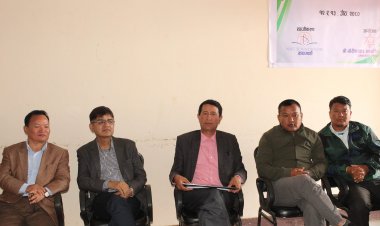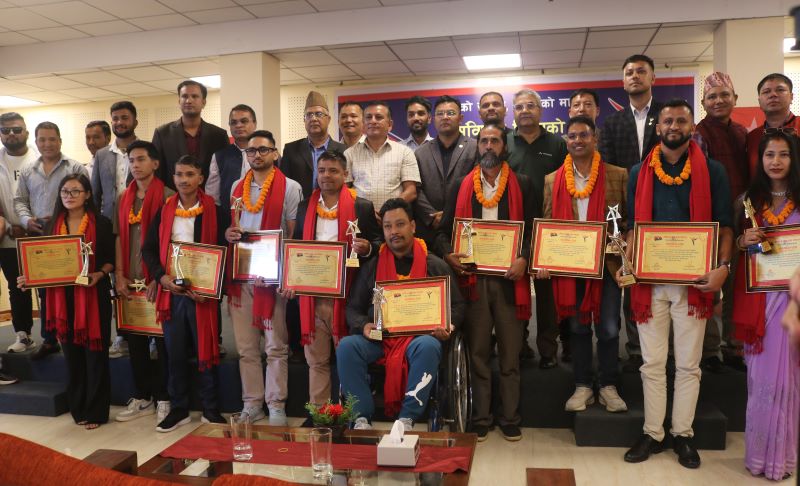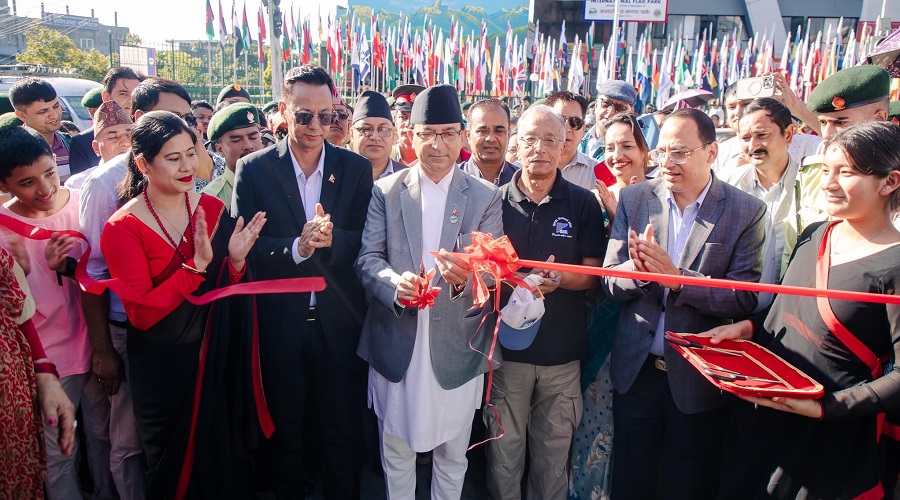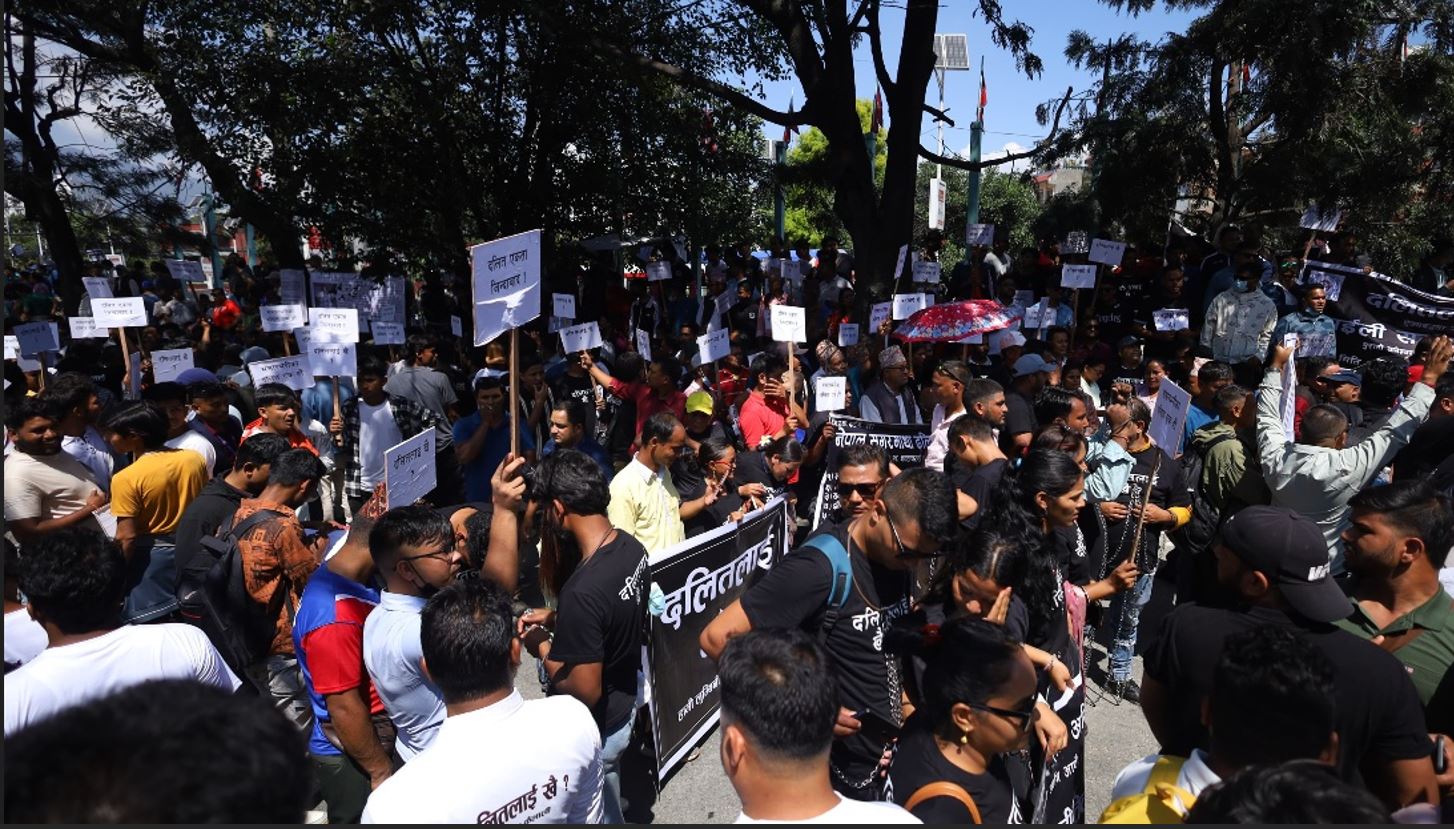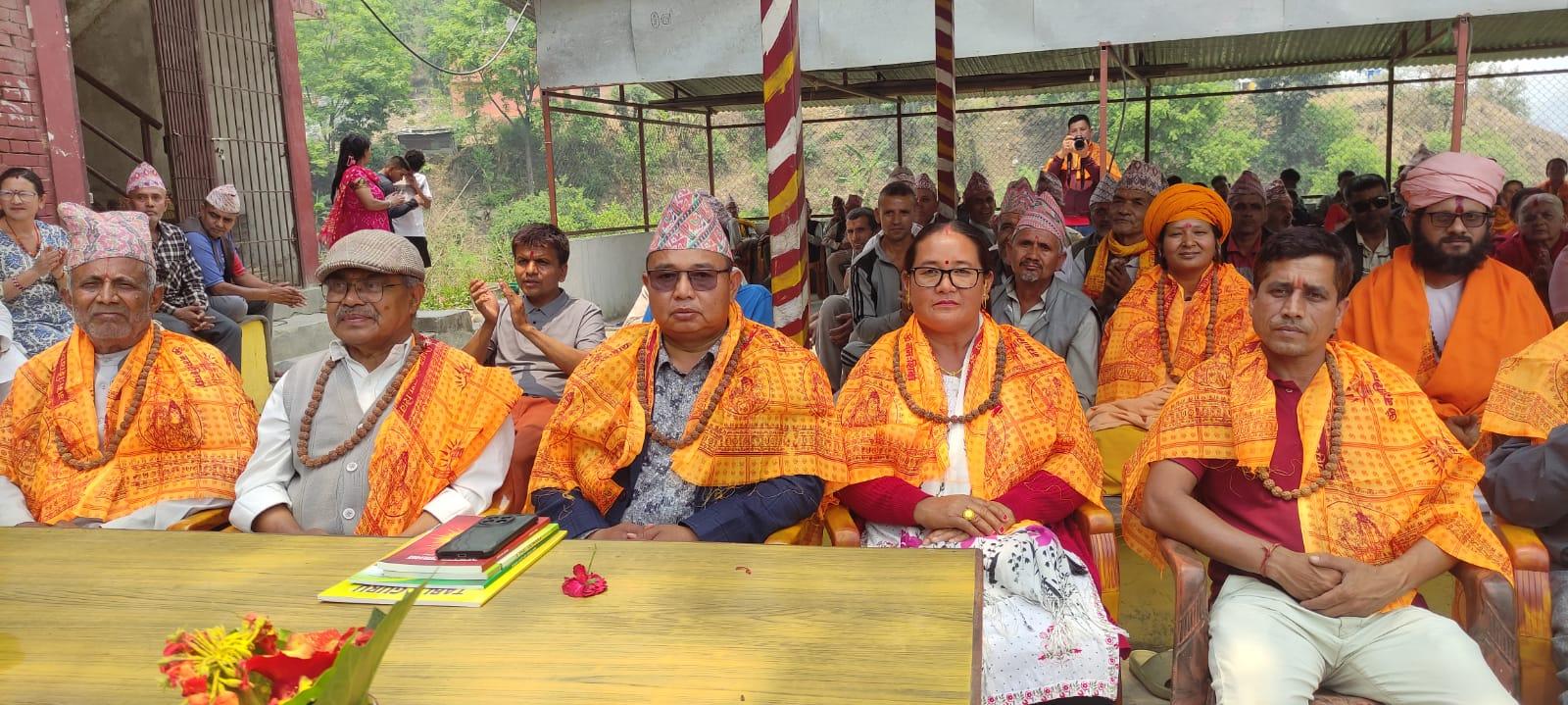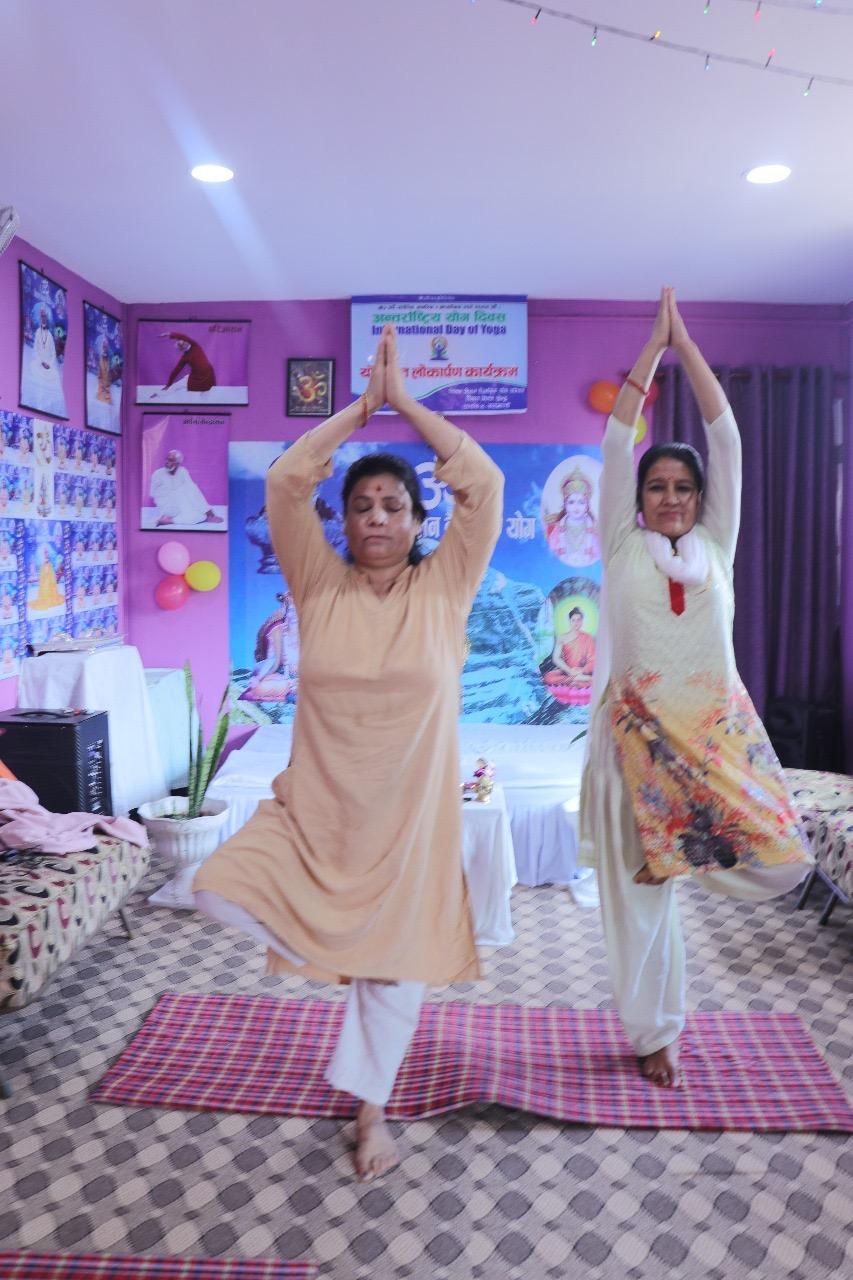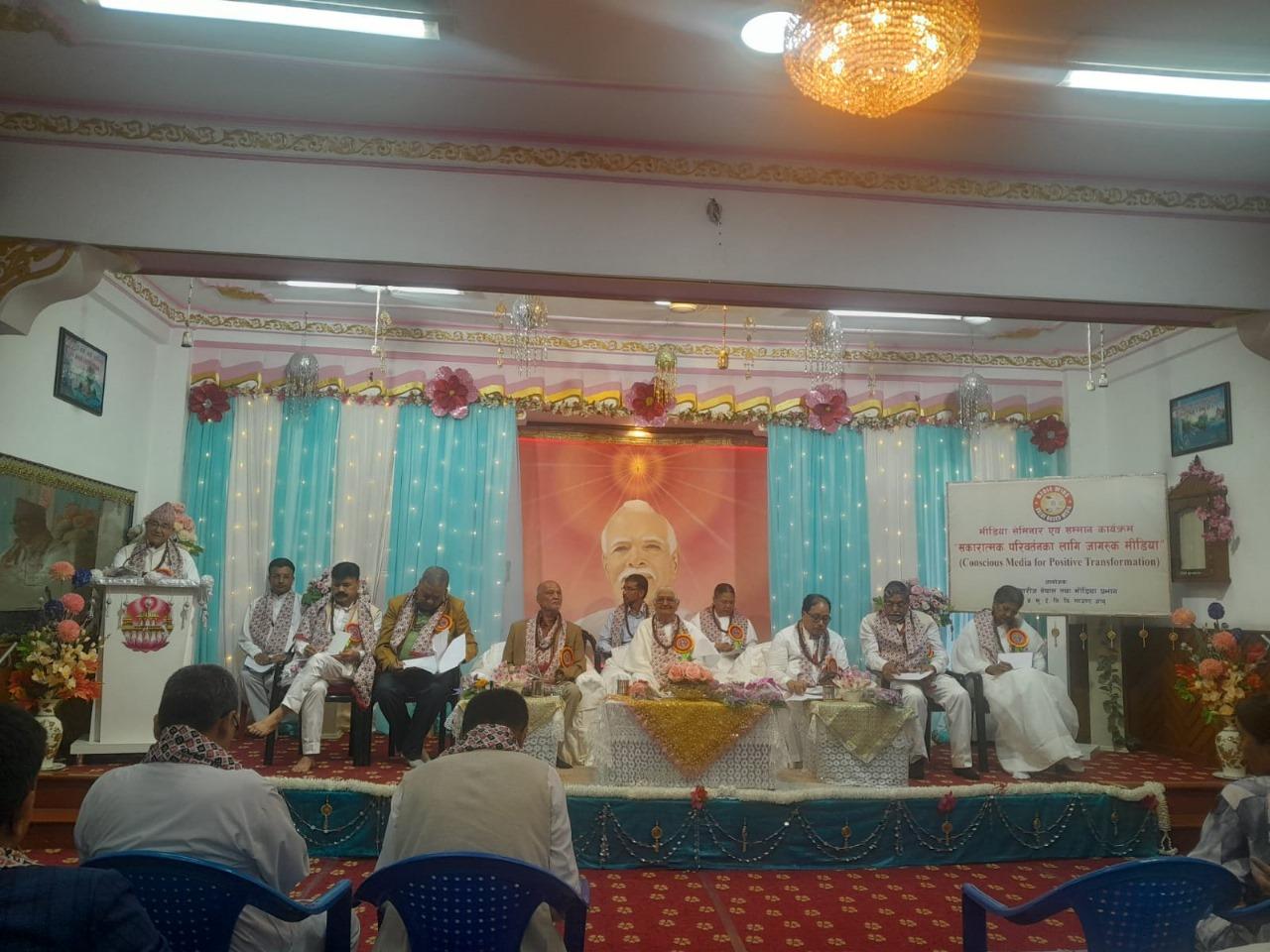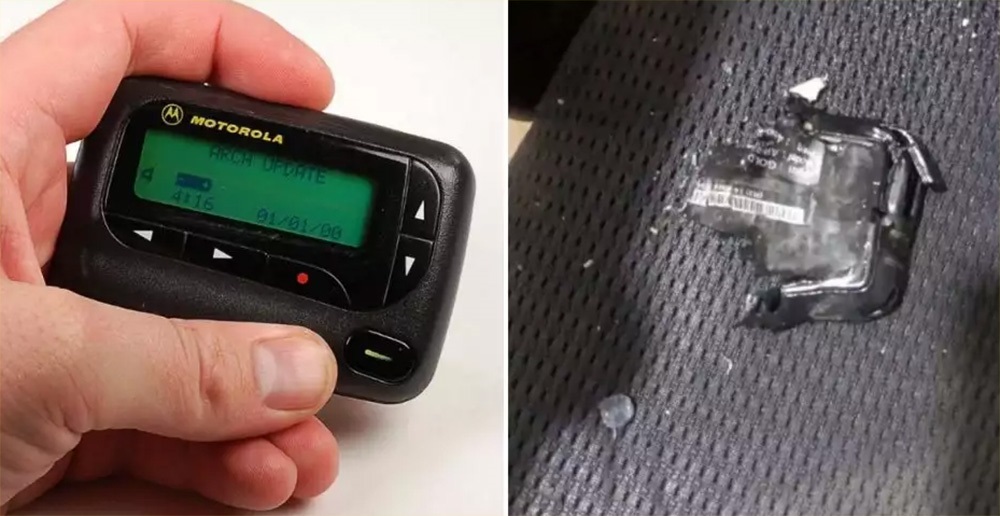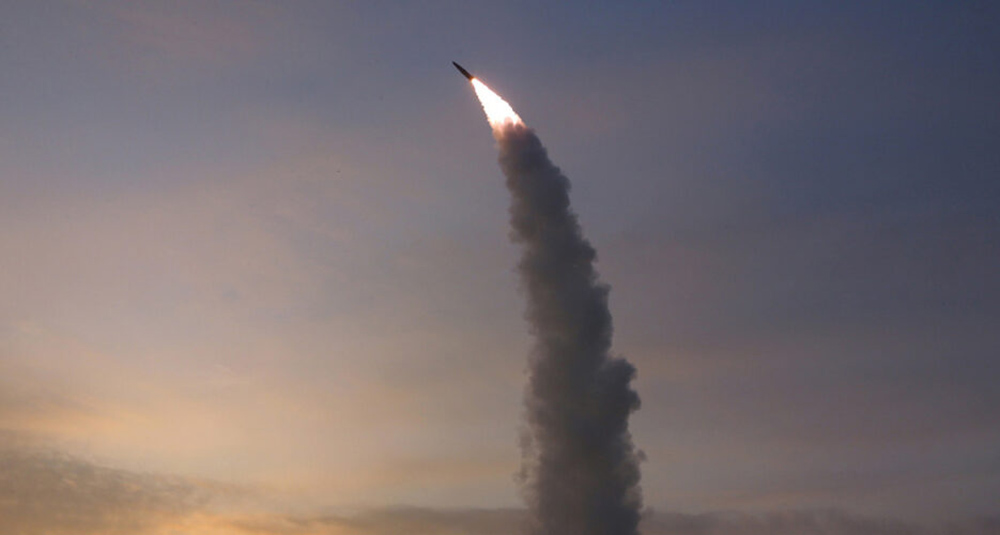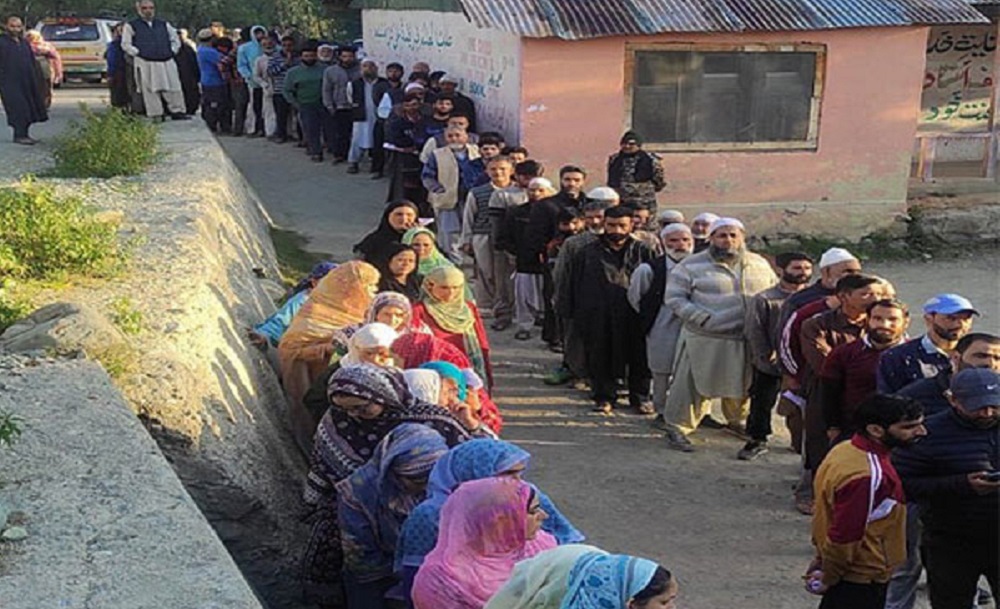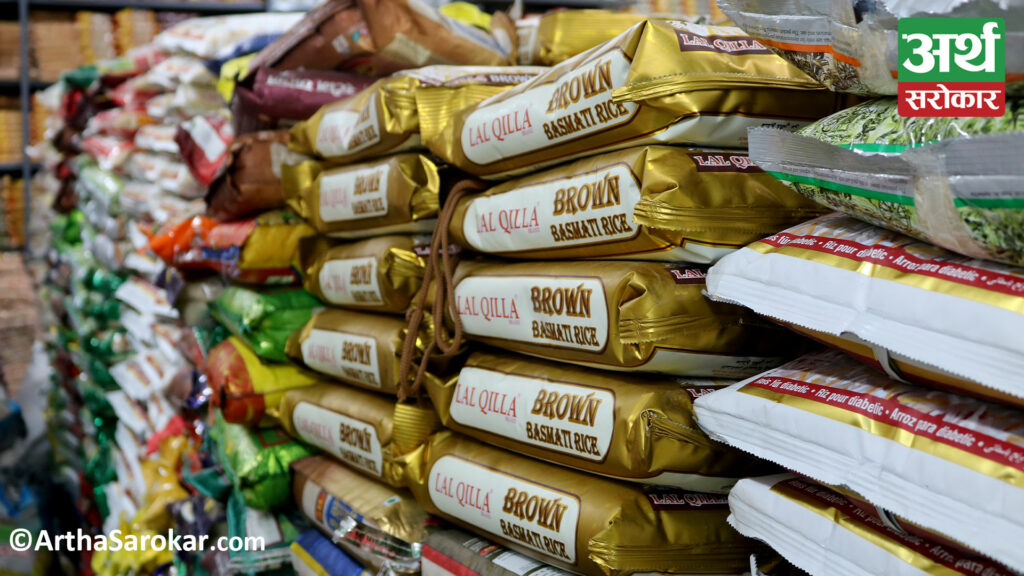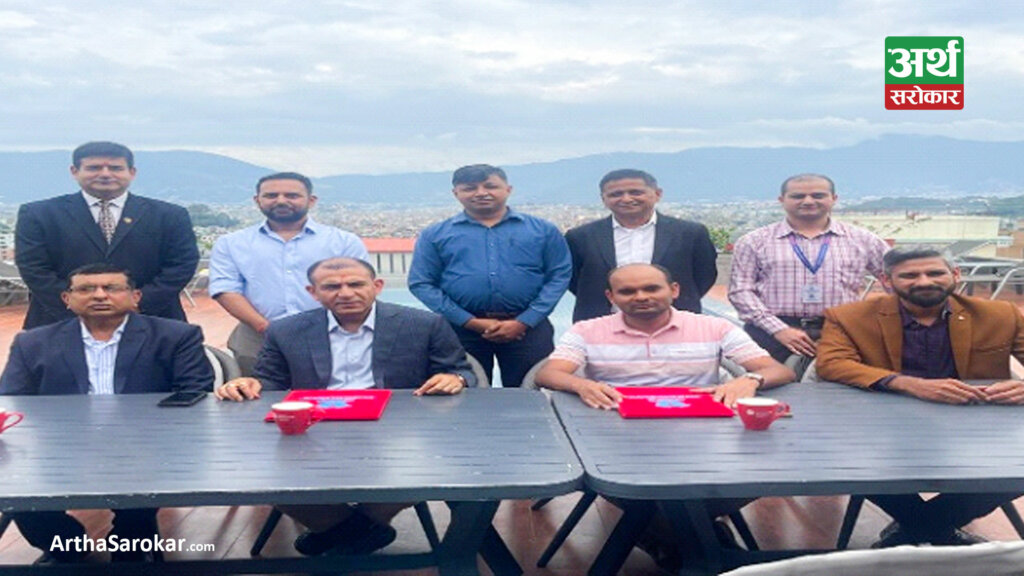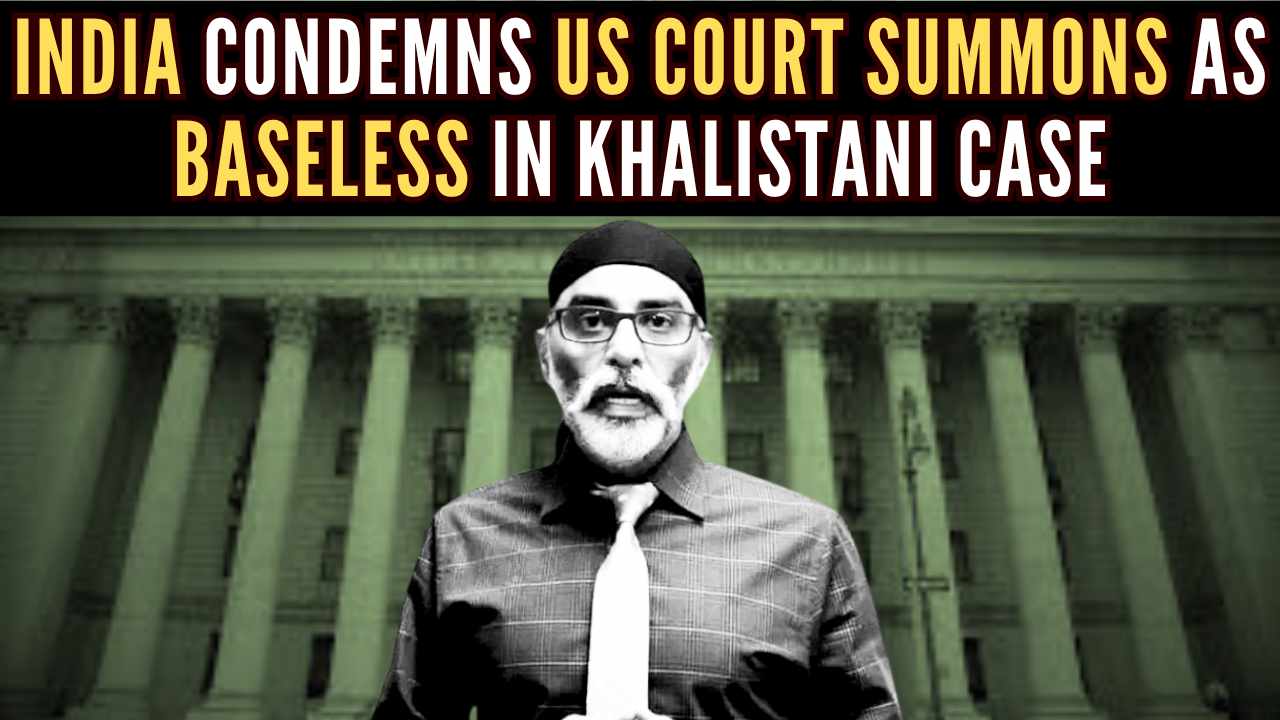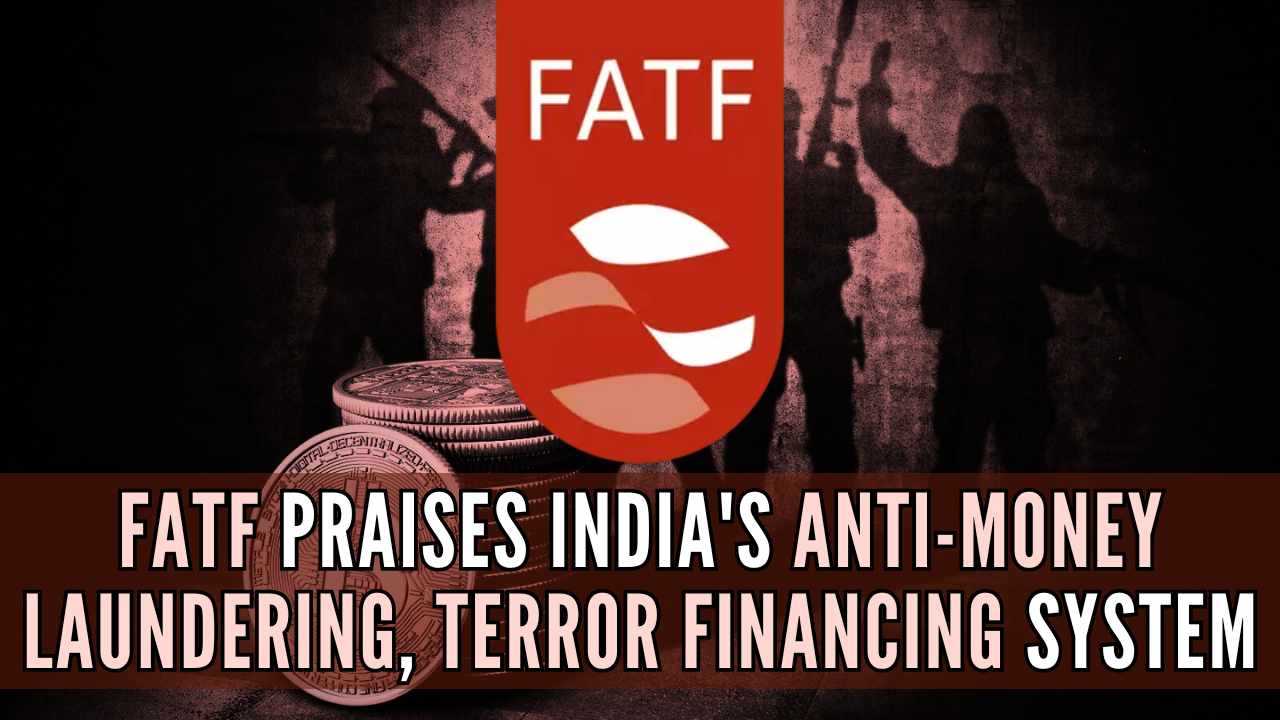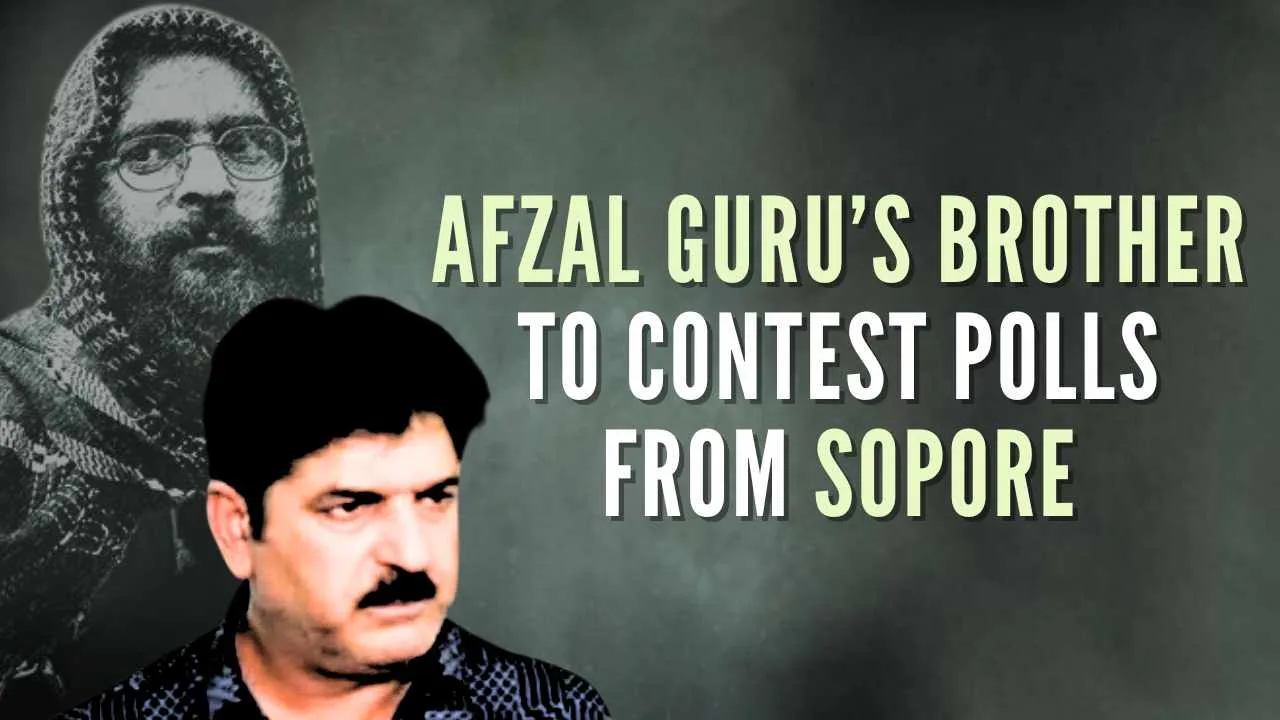Utopia (My maiden story… of geopolitics)
Explaining geopolitics to young minds It was during one of my frequent visits to Malaysia to see my granddaughters, Sahana and Anagha, that a question sparked a conversation I hadn’t expected. We were sitting in the living room, the sunlight streaming through the windows, while I was watching one of my favorite geopolitical videos on […] The post Utopia (My maiden story… of geopolitics) appeared first on PGurus.
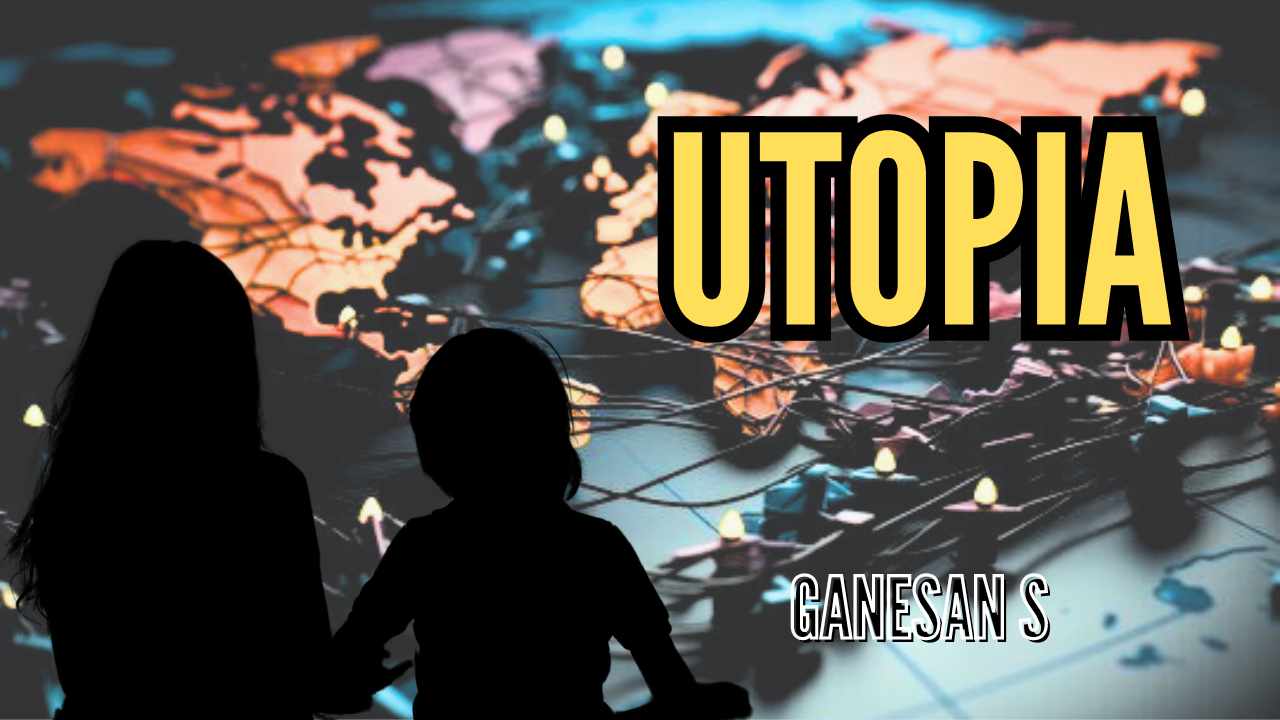

Explaining geopolitics to young minds
It was during one of my frequent visits to Malaysia to see my granddaughters, Sahana and Anagha, that a question sparked a conversation I hadn’t expected.
We were sitting in the living room, the sunlight streaming through the windows, while I was watching one of my favorite geopolitical videos on YouTube.
Sahana, ever curious at 12, tilted her head and asked, “Thanthaana (that’s what she calls me), why do you always watch these YouTube shows of politics?”
Anagha, her younger sister, immediately chimed in, “Yeah, what’s so interesting about it?”
I smiled. “It’s geopolitics,” I replied simply, hoping that would be enough. But they stared at me, wide-eyed and curious, to know more.
“What’s geopolitics?” Sahana asked, her brows furrowed in concentration. I knew this wouldn’t be a quick answer. I didn’t know how much to share and how to share the complicated, messy, and frustrating subject of international politics with kids of that age group, though kids of this generation are far more intelligent and better informed than in my time.
“Alright,” I said, leaning back in my easy chair. “Let me explain geopolitics like a story, so it’s easier for you both to understand.
“Think of countries like students in a big international school, like yours.
“Just like in a school, you have senior kids about to graduate, in the real world you have countries like the US, UK, Russia, and Europe, which have been rich and powerful for a long time, having reached the peak of their power and influence, and to soon fade out in terms of their importance.”
The girls nodded, their attention fixed on me. “Now, imagine China,” I continued, “an ambitious new higher-class kid in the school, trying to catch up. China has already become a middle-income country and is pushing to be the next big bully, ready to take the place of the senior bullies.
“But just as all new students do in school, China faces challenges, having difficulty in settling down, in the midst of the other seniors.”
I paused, letting them absorb the image. “Then there’s Japan. Like once a top student, it’s now past its prime but still a high achiever. It’s stable but not as dynamic as before.”
Sahana interrupted, “What about India? And the other not-so-powerful countries?”
“Ah, good question,” I said, nodding. “India, like some other countries, is still trying to figure itself out. It’s one of the younger students with great potential but also facing many obstacles. It wants to grow, but it’s held back by many problems, internal and external.
“In real life, developing countries face problems like unemployment, poverty, and their complicated political systems.”
The girls looked concerned; so I continued, “Here’s the tricky part. Just like the big bullies in school, the big and powerful countries don’t always play fair. They constantly nag the developing countries, often in ways that are unfair and even mean. This is more than mere nuisance, as such acts significantly prevent the upcoming countries from growing to their potential.”
“It’s like the big kids who spread rumors or sabotage the younger kids just to have the upper hand forever.”
They both frowned. “That’s not nice,” Anagha said softly.
“True, it’s not,” I agreed. “What’s worse is that many of the leaders who are supposed to guide the upcoming countries and help their people, like the heads of the United Nations, WHO, and the IMF, are sometimes more interested in their own personal gains than in doing what’s good and right.”
Sahana looked thoughtful. “But why? Isn’t it their job to help deserving people?”
“It is,” I replied. “But sometimes power and money corrupt even the best of people.
“And then there’s the issue of ideologies,… capitalism, communism, socialism, etc, etc.
“These are all different ways in which a country can be run. But at the end of the day, what really matters is not so much the ideology; it’s the quality of the leaders themselves,… whether they’re good or bad, and whether the common people are smart enough to choose and challenge their leaders.”
I saw a flicker of understanding in their eyes. “And what about India?” Sahana asked again.
I sighed. “India faces a unique set of problems. Unemployment and under-employment are the biggest ones. Even when the Indian government wants to solve the problems of its people, it’s not easy.
“If the government tries to tax the rich more to get more money to generate more employment, many rich people will migrate to other countries where taxes are lower, and life is easier. Without their business and industry, India will find it difficult to grow.
“But if India doesn’t tax its rich enough, there won’t be enough money to make things better for everyone, esp the poor.
“This is just an example. For every government decision that can help India grow better and faster, there will be some obstacles, most often political.
“It’s like being caught between the devil and the deep blue sea.”
They both were quiet for a moment, processing all I had said. Finally, Anagha spoke. “So, is there any hope? Will things get better?”
How can I leave the kids without hope? I smiled and said, “There’s always hope. And I believe that one day, the world will be a much better place. It may need time, patience, and a lot of hard work from good people, like you both, the kids of today. Who knows? Maybe you two will help make the world better, too.”
The conversation drifted to other topics, and we spent the rest of the day together on other activities.
But that moment stayed on with me. I wrote the story down and sent it to PGurus, hoping it might inspire some others too, though the subject may be very cerebral, and not everybody’s cup of tea. And here it is.
Postscript:
Years pass. My granddaughters grow up, and I pass on from this world. But the seeds of the story I shared with them remain etched in their minds. They didn’t just hear the story, they lived it, and continue to live it.
Inspired by our conversations, they become deeply involved in shaping the world around them. Whether through leadership, social work, or education and skills development, they contribute to making the world a better place.
A few years after my passing, one of my granddaughters, Sahana, wrote the same story for PGurus, updating it with the story of how the world, once full of uncertainty and struggles, has improved a lot. India provides the world with a better kind of leadership, like a Vishwa Mitra if not a guru.
Soon, Sahana becomes a mother.
Here comes the nice twist to the tale, which no one knows about till this date. Here I am, born as her daughter, and am now 12.
The world I had dreamed of as grandpa has slowly come into being, one small act of change at a time.
One day, finding my mother always interested in political news, I (now Sahana’s daughter) asked her innocuously why she was so interested in politics.
She tells me the story she had heard from her grandfather and the subsequent happenings after his passing.
This is just a fairy tale, but sometimes, the best way to change the world may be through such fairy tales,… tales that remind us of our potential, our duty, and the power we all hold to make the world better, not just in our lifetimes, but even beyond.
Note:
1. Text in Blue points to additional data on the topic.
2. The views expressed here are those of the author and do not necessarily represent or reflect the views of PGurus.
For all the latest updates, download PGurus App.
The post Utopia (My maiden story… of geopolitics) appeared first on PGurus.
What's Your Reaction?












